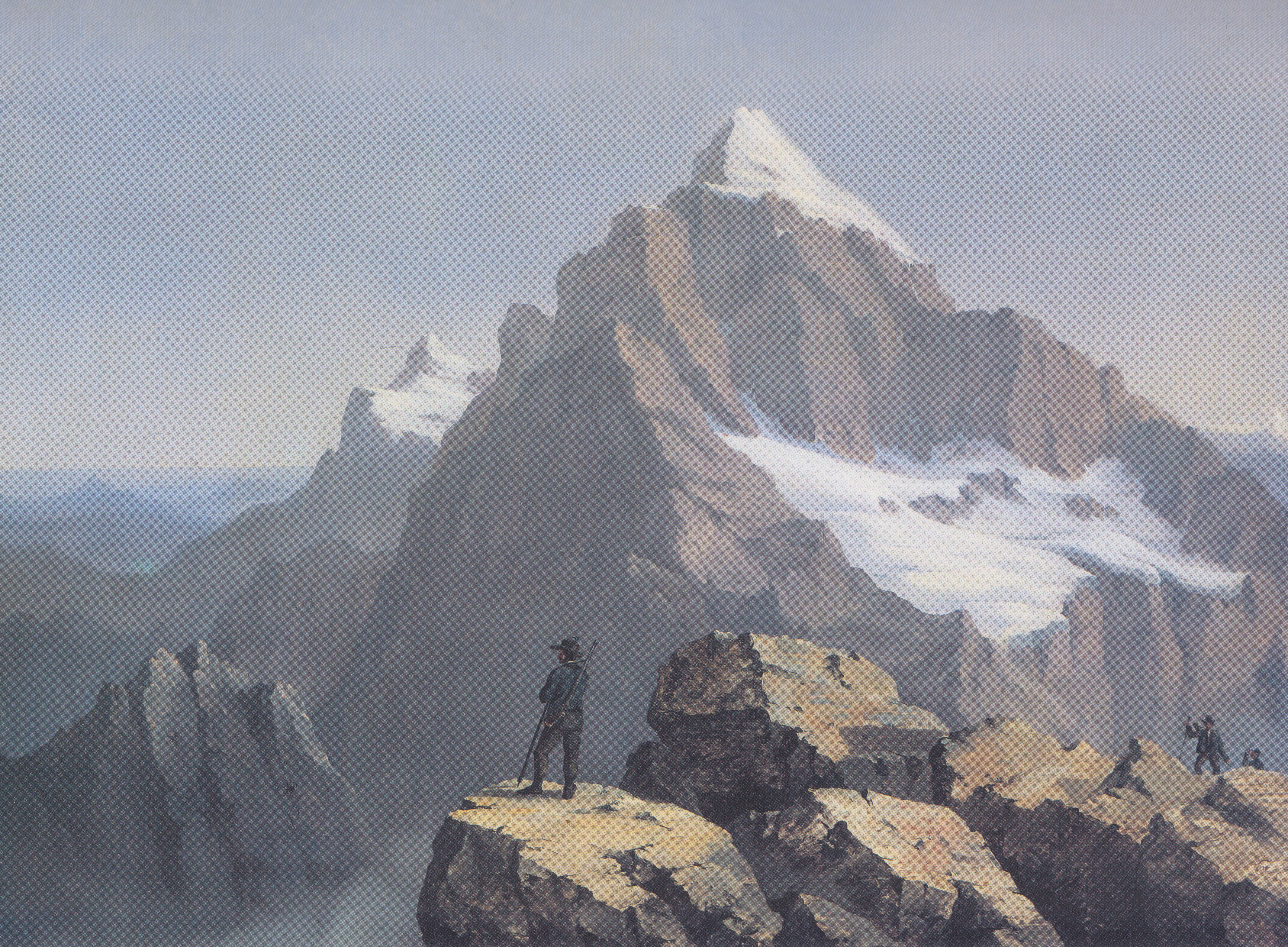Slovenian Nationalism on:
[Wikipedia]
[Google]
[Amazon]

 Slovenian nationalism is the
Slovenian nationalism is the
 Slovenian nationalism is the
Slovenian nationalism is the nationalism
Nationalism is an idea or movement that holds that the nation should be congruent with the state. As a movement, it presupposes the existence and tends to promote the interests of a particular nation, Smith, Anthony. ''Nationalism: Theory, I ...
that asserts that Slovenes
The Slovenes, also known as Slovenians ( ), are a South Slavs, South Slavic ethnic group native to Slovenia and adjacent regions in Italy, Austria and Hungary. Slovenes share a common ancestry, Slovenian culture, culture, and History of Slove ...
are a nation and promotes the cultural unity of Slovenes. Jeffrey Cole. Ethnic Groups of Europe: An Encyclopedia. Santa Barbara, California, USA: ABC-CLIO, Inc., 2011. Pp. 346. Slovenian nationalism first arose in response to the influx of ideas of nationalism from the French Revolution that arrived in Slovenia when the French forces of Napoleon Bonaparte
Napoleon Bonaparte (born Napoleone di Buonaparte; 15 August 1769 – 5 May 1821), later known by his regnal name Napoleon I, was a French general and statesman who rose to prominence during the French Revolution and led Military career ...
made Slovenia part of the Illyrian Provinces
The Illyrian Provinces were an autonomous province of France during the First French Empire that existed under Napoleonic Rule from 1809 to 1814. The province encompassed large parts of modern Italy and Croatia, extending their reach further e ...
from 1809 to 1813. Slovenian nationalists such as Anton Korošec
Anton Korošec (, ; 12 May 1872 – 14 December 1940) was a Yugoslav politician, a prominent member of the conservative People's Party, a Roman Catholic priest and a noted orator.
Early life
Korošec was born in Biserjane (then Duchy of Styr ...
endorsed Yugoslav unification during World War I
World War I or the First World War (28 July 1914 – 11 November 1918), also known as the Great War, was a World war, global conflict between two coalitions: the Allies of World War I, Allies (or Entente) and the Central Powers. Fighting to ...
as a means to free Slovenia from Austro-Hungarian
Austria-Hungary, also referred to as the Austro-Hungarian Empire, the Dual Monarchy or the Habsburg Monarchy, was a multi-national constitutional monarchy in Central Europe between 1867 and 1918. A military and diplomatic alliance, it consist ...
rule.
On 8 May 1989, after the legalization of other political parties by Slovenia's reformist Communist Party-led government, new political parties published the May Declaration, demanding the formation of a sovereign, democratic, and pluralist Slovenian state. Jeffrey Cole. Ethnic Groups of Europe: An Encyclopedia. Santa Barbara, California, USA: ABC-CLIO, Inc., 2011. Pp. 348. A referendum on independence from Yugoslavia was held on 26 December 1990 with a majority of Slovenians supporting independence. Slovenia declared independence on 25 June 1991.
Following independence, members of minority groups – mostly from other former Yugoslav nations – who had failed to apply for residency in the new nation had their records stricken, leaving them in the country illegally.
See also
*Slovene Home Guard
The Slovene Home Guard (, SD; ) was a Slovenes#World War II and aftermath, Slovene anti-Slovene Partisans, Partisan militia that was founded and supported by the Germans and fought alongside them against the Partisans. It operated during part of ...
*Slovenia
Slovenia, officially the Republic of Slovenia, is a country in Central Europe. It borders Italy to the west, Austria to the north, Hungary to the northeast, Croatia to the south and southeast, and a short (46.6 km) coastline within the Adriati ...
*Slovenian National Party
The Slovenian National Party (, SNS) is a nationalist political party in Slovenia led by Zmago Jelinčič Plemeniti. The party is known for its Euroscepticism and opposes Slovenia's membership in NATO.Krupnick, Charles (2003)''Almost NATO: Par ...
* United Slovenia
Notes
{{Ethnic nationalism Society of Slovenia